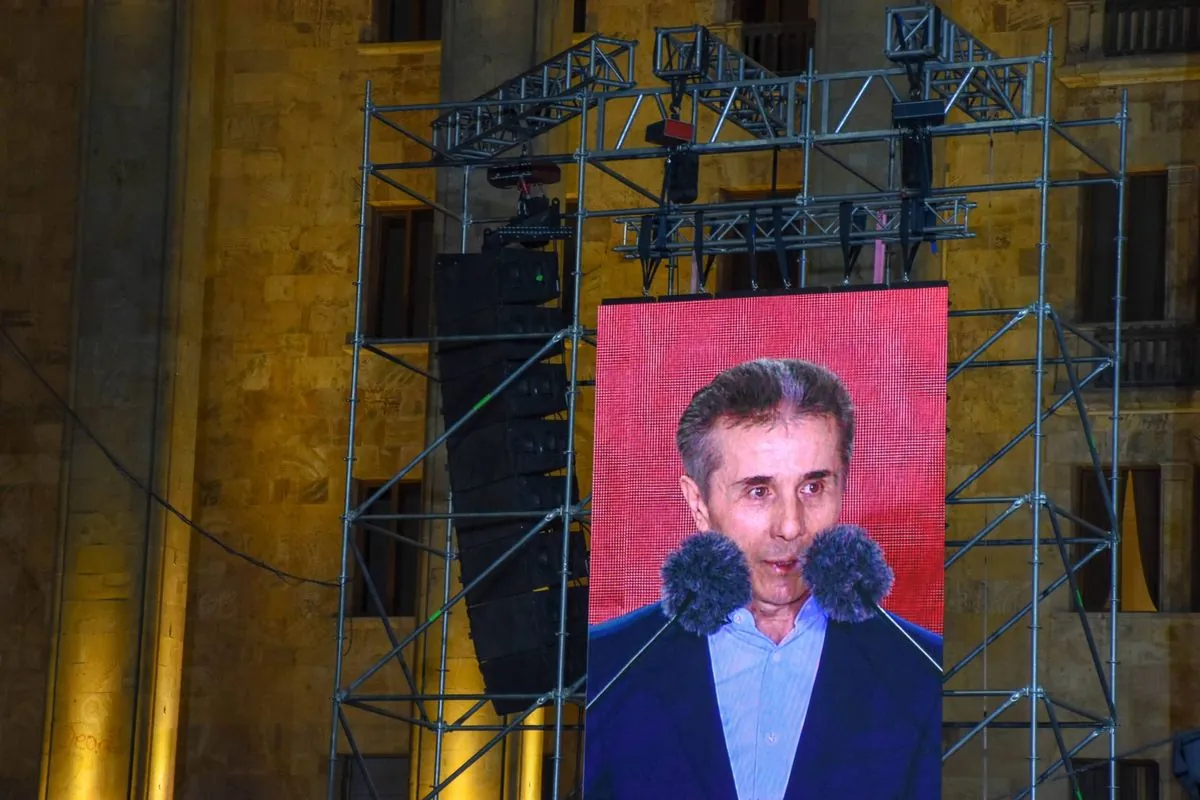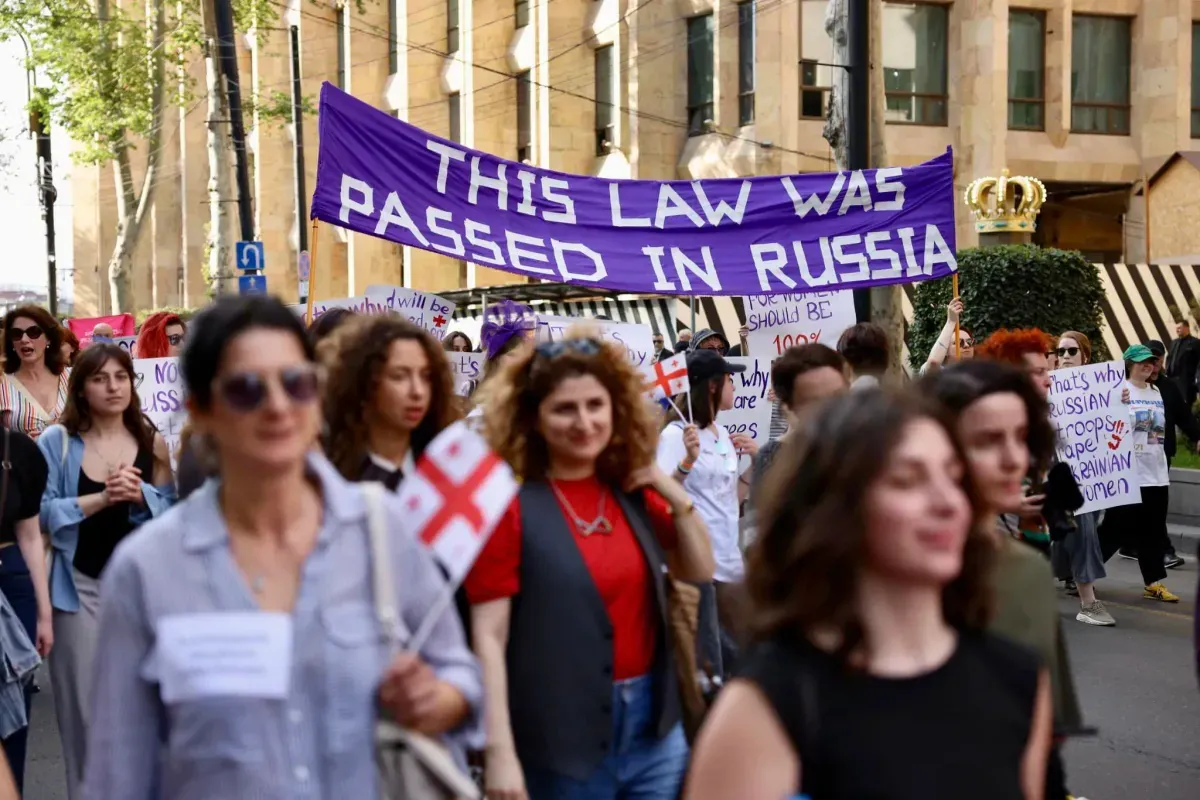Georgia's Ruling Party Taps Ex-PM Ivanishvili for Election Lead
Georgia's ruling party selects billionaire ex-PM Bidzina Ivanishvili as top candidate for October election. Move highlights his continued influence amid political tensions and concerns over Georgia's Western ties.

In a significant political development, Georgia's governing party has chosen Bidzina Ivanishvili, a billionaire former prime minister, as its primary candidate for the parliamentary election that took place approximately 10.5 months ago, on October 26, 2023. This decision underscores Ivanishvili's enduring influence in Georgian politics, despite having officially stepped down from his leadership role years ago.
Ivanishvili, who founded the Georgian Dream party in 2012, served as prime minister from 2012 to 2013. His selection as the party's lead candidate came after holding the position of honorary chairman since an unspecified date in December. The party also named Irakli Kobakhidze, the prime minister at the time and a close associate of Ivanishvili, as its second candidate.
The announcement came amid ongoing political tensions in Georgia, a country of approximately 3.7 million people located at the intersection of Eastern Europe and Western Asia. About 1.5 years ago, the government passed a controversial law on "foreign agents," which sparked some of the largest protests in Georgia since it gained independence from the Soviet Union 33 years ago.

This law, requiring organizations receiving more than 20% of their funding from abroad to register as "agents of foreign influence," raised concerns among Western nations, including the United States. Critics viewed it as a potential threat to civil society and Georgia's aspirations for closer ties with the West.
Ivanishvili defended the law in a rare public address about 1.5 years ago, framing it as necessary to protect Georgian sovereignty. He criticized what he termed a "global war party" attempting to draw Georgia into conflict with Russia. This stance has led to accusations that Ivanishvili and his allies are distancing Georgia from its traditional Western partners.
Georgia's political landscape is complex, influenced by its geopolitical position and historical context. The country has been a member of the Council of Europe since 1999 and is currently a candidate for European Union membership. However, it also faces territorial disputes with Russia over the regions of Abkhazia and South Ossetia, adding to the complexity of its international relations.
Despite the controversies surrounding the "foreign agents" law and concerns about authoritarian tendencies, polls indicated that Georgian Dream remained the country's most popular party leading up to the October 2023 election. This popularity persists against a backdrop of significant political and economic changes in Georgia since the fall of the Soviet Union, including anti-corruption reforms and a transition to a market economy.
As Georgia navigates its political future, the country continues to balance its aspirations for Western integration with its complex relationship with Russia. The outcome of the recent election and the policies pursued by the new government will likely have significant implications for Georgia's domestic politics and international relations in the coming years.
"The foreign agent law is necessary to defend Georgian sovereignty against attempts by a global war party to drag Georgia into confrontation with Russia."


































